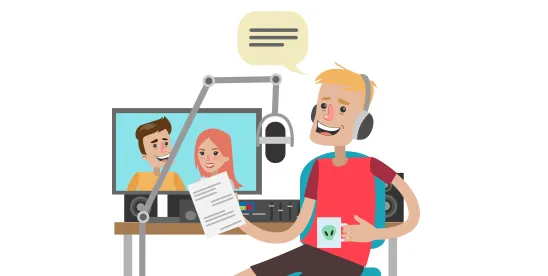A New York court just decided some important preliminary motions (which I previously covered here in this post) involving allegedly unauthorized AI cloning of voice actors. The court reached a split decision, concluding “that, for the most part, Plaintiffs have not stated cognizable claims under federal trademark and copyright law. However, that does not mean they are without a remedy. Rather, claims for misappropriation of a voice, like the ones here, may be properly asserted under Sections 50 and 51 of the New York Civil Rights Law [which protect name, image and likeness], which, unlike copyright and trademark law, are tailored to balance the unique interests at stake. Plaintiffs also adequately state claims under state consumer protection law and for ordinary breach of contract.”
The court commented on the uniqueness and significance of this case, stating: “The case involves a number of difficult questions, some of first impression. It also carries potentially weighty consequences not only for voice actors, but also for the burgeoning AI industry, other holders and users of intellectual property, and ordinary citizens who may fear the loss of dominion over their own identities.”
This ruling portends potential challenges that may arise for others whose voices may be AI-cloned. The problem is that there is no federal right of publicity, which covers a person’s name, image and likeness (NIL). This court’s dismissal of the federal law claims under trademark and copyright law, if followed by other courts, will limit plaintiffs’ NIL claims to those under state law, such as those here under Sections 50 and 51 of the New York Civil Rights Law. However, not every state has a right of publicity law.
Click here to read more.



 />i
/>i

